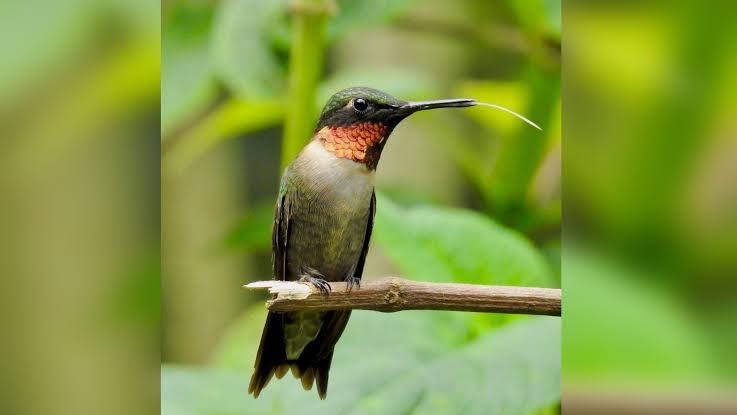Please visit disclaimer here
Wildlife, the diverse array of living organisms inhabiting our planet, plays an indispensable role in maintaining the delicate balance of ecosystems. From the majestic elephants of Africa to the tiny pollinators like bees and butterflies, each species contributes to the web of life in profound ways. Yet, today, wildlife faces unprecedented threats due to human activities. This article explores why protecting wildlife is of utmost importance for the well-being of our planet and future generations.
Biodiversity and Ecosystem Stability One of the primary reasons to protect wildlife is to preserve biodiversity. Each species represents a unique genetic blueprint, and the loss of even a single species can disrupt the functioning of an entire ecosystem. Biodiversity ensures resilience in the face of environmental changes, providing essential services such as pollination, pest control, and nutrient recycling. Ecosystems with diverse wildlife are more stable, making them better equipped to withstand natural disasters and adapt to climate change.
Economic Value and Ecotourism Wildlife conservation also holds significant economic value. Many regions rely on ecotourism, attracting travelers eager to witness rare and exotic species in their natural habitats. The revenue generated from wildlife-based tourism not only supports local communities but also fosters the protection of these ecosystems, creating a sustainable relationship between humans and wildlife.
Medical Advancements and Biodiscovery Countless medicinal breakthroughs have originated from studying wildlife. Many species possess unique biochemical compounds that offer potential cures for various diseases. By safeguarding wildlife, we preserve a vast reservoir of untapped potential for future medical advancements.
Ecosystem Services and Human Well-being Healthy ecosystems provide essential services for human well-being. Forests help regulate the climate by absorbing carbon dioxide, wetlands act as natural water filters, and coral reefs protect coastal areas from storms. Protecting wildlife is vital to maintaining these critical services that directly impact human lives.
Ethical and Moral Imperative Beyond practical reasons, protecting wildlife is an ethical and moral duty. Humans are responsible for the ecological disruptions that threaten species around the world. Preserving wildlife is an acknowledgment of our shared responsibility to protect the Earth’s rich biodiversity for future generations and for the intrinsic value of all life forms.
Ecosystem Interconnectedness The intricate web of life means that each species, no matter how seemingly insignificant, contributes to the functioning of the larger system. Loss of one species can have cascading effects on others, leading to imbalances that can be challenging to reverse. Protecting wildlife is essential for maintaining these complex relationships and ensuring ecological stability.
Climate Change Mitigation Wildlife, particularly forests and oceans, plays a vital role in mitigating climate change by absorbing carbon dioxide, a major greenhouse gas. Preserving and restoring habitats can significantly contribute to global efforts to combat climate change, making wildlife protection a crucial part of broader environmental initiatives.
Summary: Protecting wildlife is imperative for a multitude of reasons. Biodiversity ensures ecosystem stability and resilience, making it critical for sustaining life on Earth. Beyond ecological benefits, wildlife conservation also holds economic value through ecotourism and potential medical discoveries. Ecosystem services, such as climate regulation and natural water filtration, are crucial for human well-being. Moreover, protecting wildlife is an ethical responsibility, acknowledging the intrinsic value of all living beings. Interconnectedness within ecosystems further emphasizes the importance of preserving every species. Lastly, wildlife, especially forests and oceans, plays a vital role in mitigating climate change. By safeguarding wildlife, we secure the future of our planet and maintain the delicate balance of nature.

No Responses